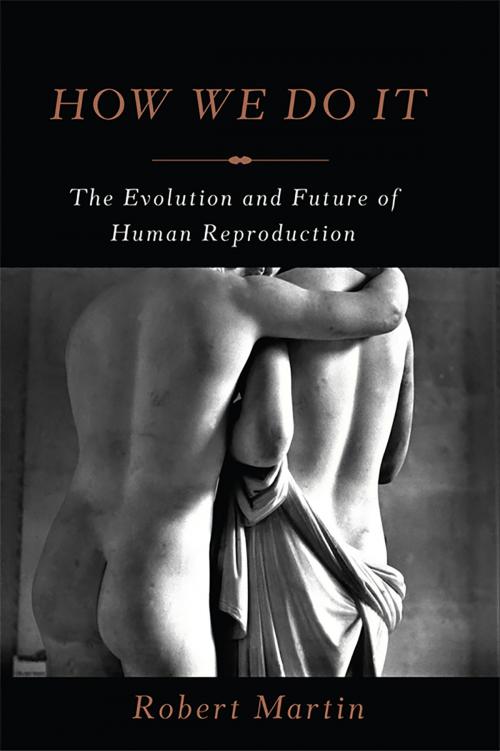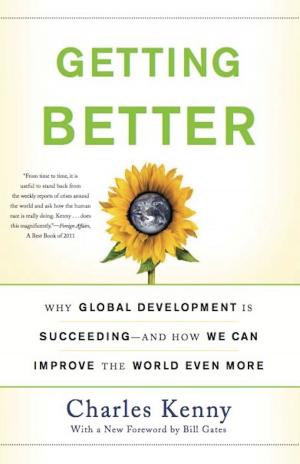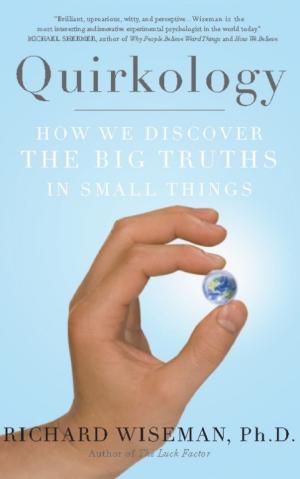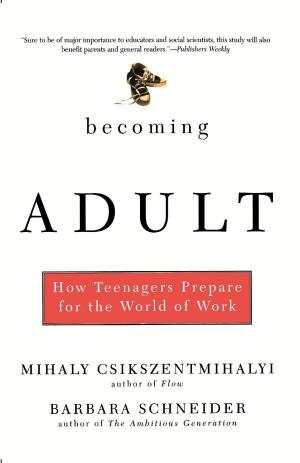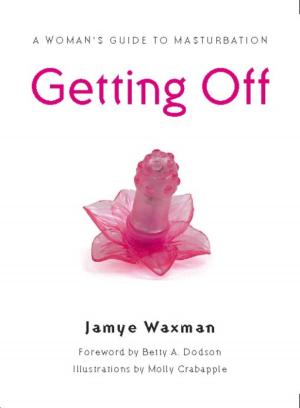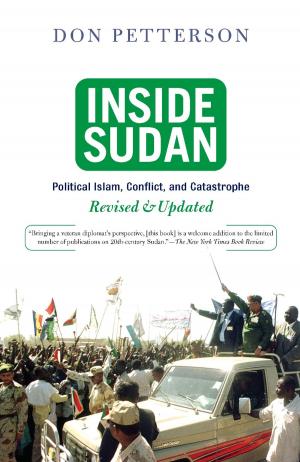How We Do It
The Evolution and Future of Human Reproduction
Nonfiction, Science & Nature, Science, Biological Sciences, Human Physiology, Zoology, Evolution| Author: | Robert Martin | ISBN: | 9780465037841 |
| Publisher: | Basic Books | Publication: | June 11, 2013 |
| Imprint: | Basic Books | Language: | English |
| Author: | Robert Martin |
| ISBN: | 9780465037841 |
| Publisher: | Basic Books |
| Publication: | June 11, 2013 |
| Imprint: | Basic Books |
| Language: | English |
Despite our seemingly endless fascination with sex and parenting, the origins of our reproductive lives remain a mystery. Why are a quarter of a billion sperm cells needed to fertilize one egg? Are women really fertile for only a few days each month? How long should women breast-feed? In How We Do It, primatologist Robert Martin draws on forty years of research to locate the origins of everything from sex cells to baby care-and to reveal what's really natural” when it comes to making and raising babies. He acknowledges that although it's not realistic to reproduce like our ancestors did, there are surprising consequences to behavior we take for granted, such as bottle feeding, cesarean sections, and in vitro fertilization. How We Do It shows that once we understand our evolutionary past, we can consider what worked, what didn't, and what it all means for the future of our species.
Despite our seemingly endless fascination with sex and parenting, the origins of our reproductive lives remain a mystery. Why are a quarter of a billion sperm cells needed to fertilize one egg? Are women really fertile for only a few days each month? How long should women breast-feed? In How We Do It, primatologist Robert Martin draws on forty years of research to locate the origins of everything from sex cells to baby care-and to reveal what's really natural” when it comes to making and raising babies. He acknowledges that although it's not realistic to reproduce like our ancestors did, there are surprising consequences to behavior we take for granted, such as bottle feeding, cesarean sections, and in vitro fertilization. How We Do It shows that once we understand our evolutionary past, we can consider what worked, what didn't, and what it all means for the future of our species.
